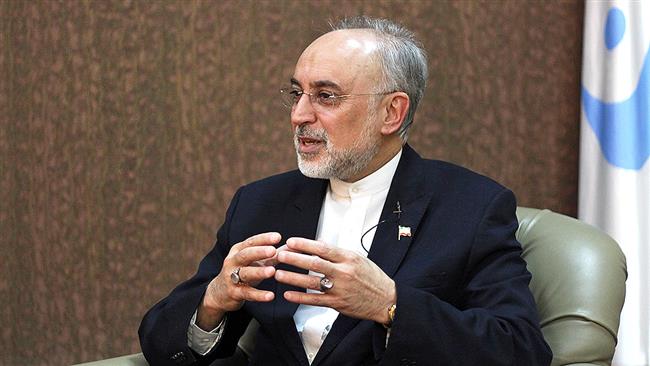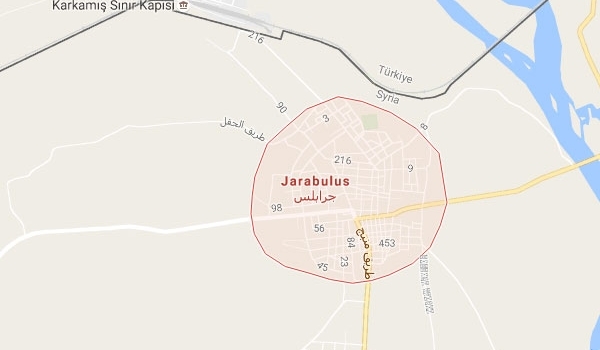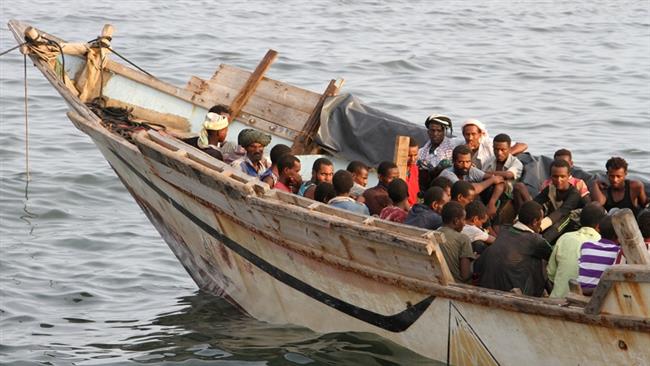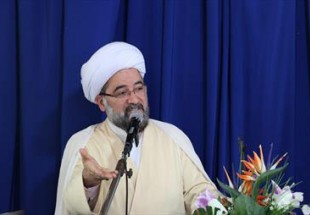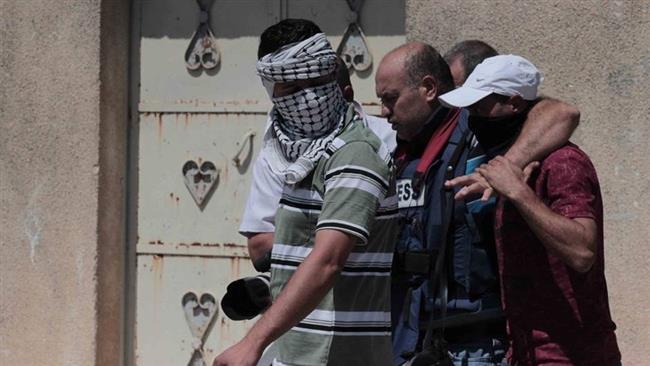Ismail Haniyeh’s journey of Resistance: From exile to martyrdom
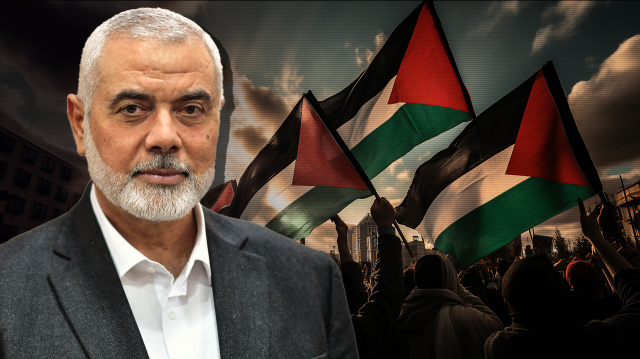
The Hamas Resistance movement mourned on Wednesday the martyrdom of the head of its political bureau and leader, Ismail Haniyeh, in a “treacherous Zionist strike” and assassination targeting his place of residence in Tehran, Iran. Haniyeh was in the country participating in the swearing-in ceremony of the newly elected Iranian president.
Ismail Haniyeh was born in the al-Shati refugee camp in Gaza, on May 23, 1963, after his parents were displaced from Asqalan during the 1948 Nakba.
He received his degree in Arabic Literature in 1987 from the Islamic University, then earned his doctorate from his alma mater in 2009.
Political activism
Haniyeh’s political activism began within the Islamic Bloc, the student branch of the Muslim Brotherhood in the Gaza Strip, from which the Hamas Resistance movement was born.
He was a member of his university’s student council between 1983 and 1984, then acted as its president the following year.
In 1989, Ismail Haniyeh was arrested by the Israeli occupation forces (IOF) for three years, then was exiled to the town of Marj al-Zuhur by the Lebanese-Palestinian border, alongside a group of Hamas leaders.
Following a year in exile, Haniyeh returned to Gaza and was appointed as the dean of the Islamic University.
In 1997, he was appointed as the head of the bureau of Hamas founder, Sheikh Ahmad Yassine, following his release from Israeli detention. He was later voted as the leader of the movement in Gaza, following the martyrdom of its previous leader, Dr. Abdul Aziz Al-Rantisi, in 2004.
In December 2005, he headed the “Change and Reform” list, which won the second legislative Palestinian elections in 2006, with a majority vote. Shortly after, on February 16, 2006, he was nominated to take over the position of prime minister in Palestine and was officially instated on the 20th of the same month.
In May 2017, he succeeded Khaled Mashal to be the head of Hamas’ Political Bureau.
Ismail Haniyeh has been a target of multiple political assassination attempts, the latest being in 2003, when the Israeli occupation launched an airstrike against a group of Resistance leaders following a martyrdom operation carried out by al-Qassam Brigades.
Operation Al-Aqsa Flood
When Hamas launched Operation Al-Aqsa Flood on October 7, a cheerful Haniyeh appeared in a broadcast video, alongside several of the movement’s leaders, from his Doha office. He had been following reports of the fighters of the Martyr Izz al-Din al-Qassam, the military wing of Hamas, seizing Israeli military vehicles, before leading a prayer to “thank God for this victory.”
On April 10, six of Haniyeh’s family members, including three of his sons and a number of his grandchildren, were killed in an Israeli airstrike targeting their car, after they had taken it to drive around the al-Shati refugee camp and celebrate with its residents in the spirit of Eid al-Fitr.
On June 24, 10 of his family members, including his sister, were killed in an Israeli attack that deliberately targeted their home in al-Shati refugee camp.
Amid their martyrdom, Haniyeh said, “Nearly 60 of my family members rest as martyrs, like the children of Palestine, they are no different,” adding that the occupation thinks targeting the sons of Resistance leaders would break the will of the people of Palestine.
‘We declare victory’
“My sons’ and grandchildren’s blood is not more precious than the Palestinian people’s children’s,” Haniyeh said when his family members were murdered by “Israel”, thanking God for the “honor” he was generously awarded, upon their martyrdom.
In a speech he gave in 2014, blasting the ongoing siege on the Gaza Strip, the martyred leader said, “We are a people who declare victory should you declare a siege upon us. If you wish to break the will of Gaza and its people, then [know that] we only kneel before God. Every decision-maker, inside and outside Palestine, should grasp the message of our people: We are a people that cherish death the way our enemies cherish life, we cherish martyrdom on the path of our leaders the way others cherish political offices. Take all the offices you wish and give us our nation.”
